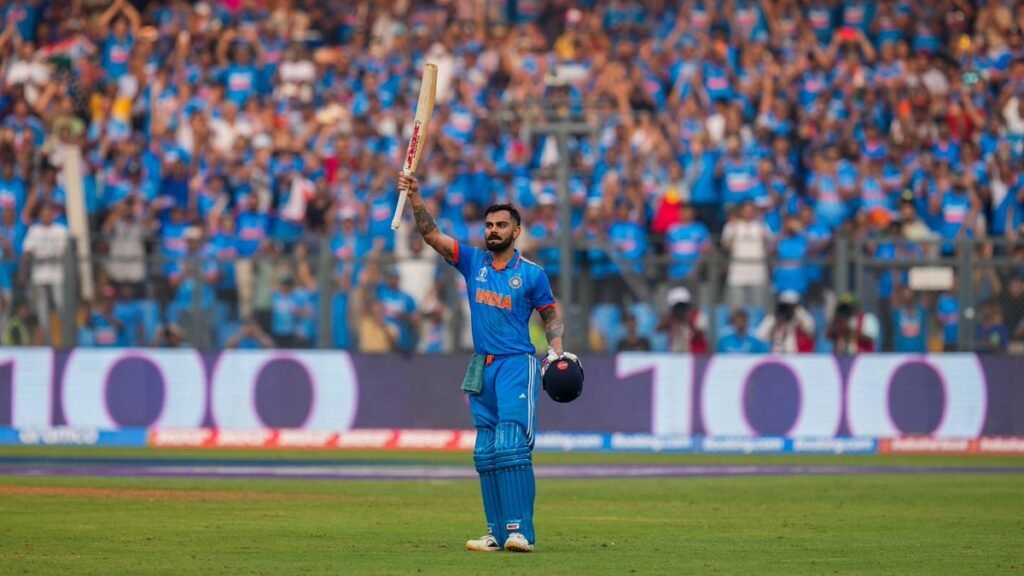
In a rapid-fire assertion that stirred up the cricket world, Australian batsman Matt Renshaw called Virat Kohli the greatest One Day International (ODI) player of all time. While not many senior voices have put it quite so simply, Renshaw’s statement taps into a growing consensus among players, pundits and fans: Kohli’s dominance in the 50-over game may well place him at the very top of the format.
Kohli’s ODI record is staggering. With over 14,000 runs at an average hovering around 60, and more than 50 centuries, he has set a remarkable benchmark for batting excellence in 50-over cricket. The Times of India+3India Today+3NDTV Sports+3 He has repeatedly shown the ability to chase down tricky totals, adapt to pressure situations, and maintain consistency across different conditions and opposition. Ex-Australia captain Ricky Ponting famously said “I don’t think I’ve ever seen a better 50-over player than Kohli.” IPL
Renshaw’s tribute aligns with this narrative. He pointed to Kohli’s mental strength, his hunger to win, his fitness and adaptability — traits that make a player more than the sum of their statistics. To Renshaw, being the “greatest” isn’t only about the runs or records; it’s about what a player brings when the game matters most. Kohli has delivered repeatedly in major tournaments and high-pressure run-chases, elevating his case beyond mere numbers.
The debate over who is the greatest in ODIs is long-running. Icons such as Sachin Tendulkar, Sir Vivian Richards, and Kumar Sangakkara often enter the conversation alongside Kohli. But what seems to set Kohli apart, according to supporters of his claim, is his outstanding average, his strike rate, his sustained run-chases and his fitness level — aspects that matter deeply in modern ODI cricket. For example, he achieved 14,000 ODI runs quicker than both Tendulkar and Sangakkara. India Today+1
Of course, no accolade of “greatest ever” comes without challenges. Different eras, differing pitch conditions, changes to the pace of the game, and shifts in opposition quality mean comparisons are never perfect. Some critics point out that Tendulkar’s and Richards’ eras were far more challenging in terms of bowling attacks and less batting-friendly rules. Others argue team success and tournament wins should weigh more heavily in such rankings. Still, Kohli’s case remains strong because he ticks many of the boxes that define greatness: runs, consistency, adaptability, bat-in-hand impact, and a clutch mindset.
What makes Renshaw’s statement compelling, beyond the headline, is that it comes from an opponent. Often players reserve their highest praise for friendly rivals or teammates; when opposition voices speak up this strongly, it adds another layer of weight. It signals that Kohli’s reputation isn’t just built by his own supporters, but by players who face him, study him and respect what he brings.
In short, Virat Kohli’s ascendancy in ODIs has been nothing short of extraordinary. His records, run-chases, and consistency have created a compelling case for being labelled the greatest ODI player ever. Matt Renshaw’s comment may sound bold, but in the context of his peer-perception, the sustained excellence of Kohli, and the modern demands of the 50-over format, it resonates. Whether one agrees fully or not, there is little doubt: Kohli has opened up a space for himself at the very top of the ODI batting hierarchy, and voices like Renshaw’s only make the case stronger.

